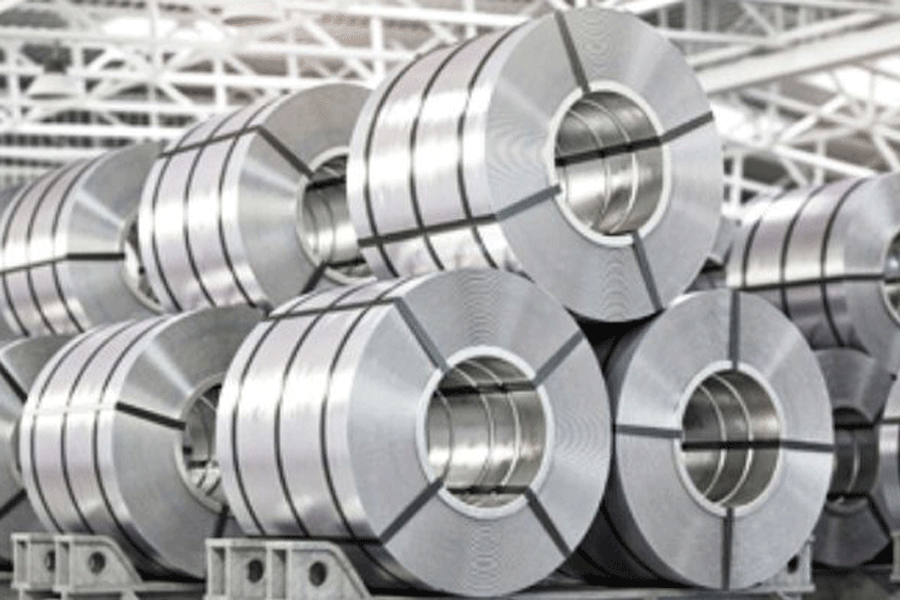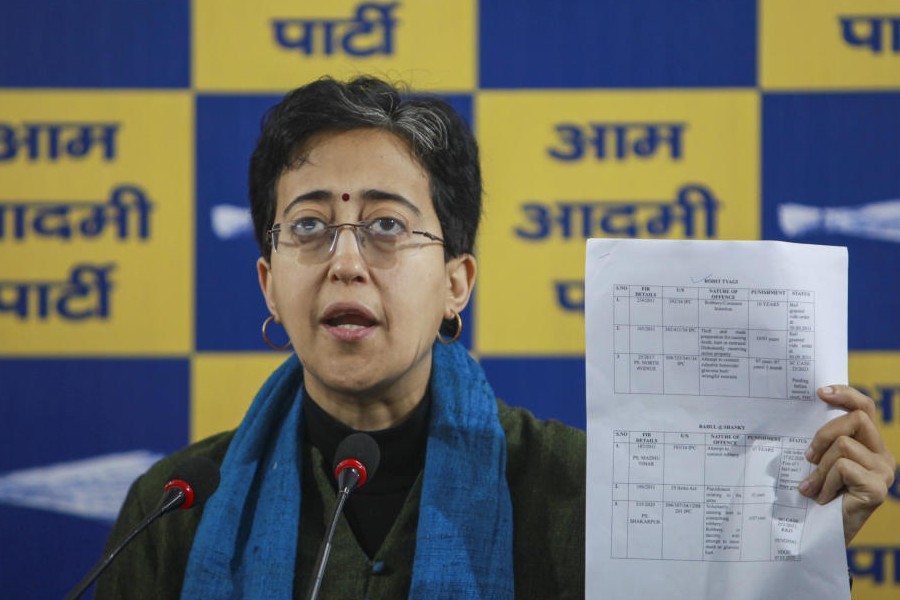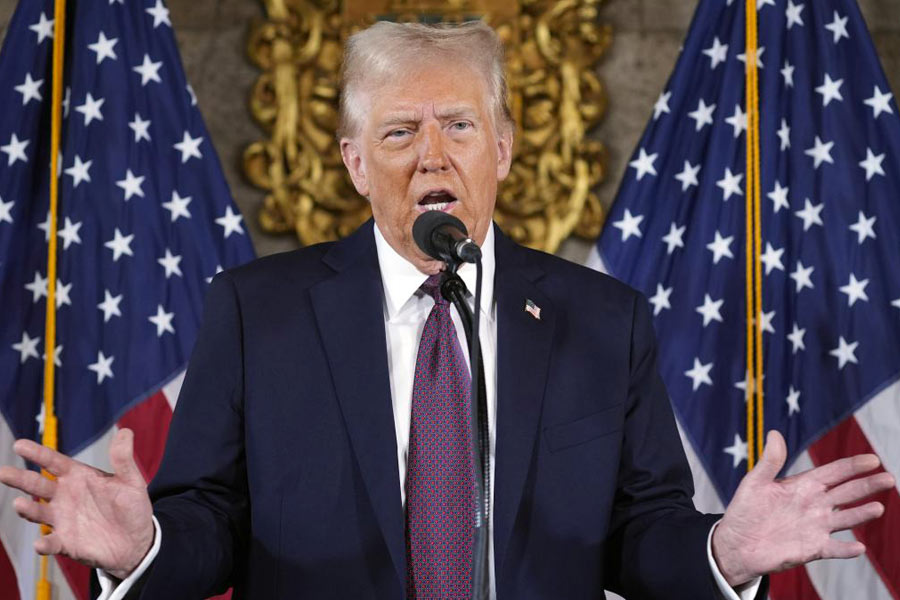India’s steel imports from China surged 58 per cent in the January-March quarter, raising concerns among domestic manufacturers who feel the government should step in with quick remedial measures to ensure a level playing field.
In the three months ended March 31, China’s exports to India stood at 0.6 mt compared with 0.38 mt in the same period of FY23. In February alone, exports to India rose 24 per cent compared with January, data sourced from BigMint showed.
Total steel imports to India stood at 7.76 mt in FY24, up from 5.4 mt in FY23, while imports from China rose to 1.72 mt in FY24 from 0.67 mt in FY23.
Industry observers attributed the surge in Chinese exports to India and the rest of the world to its production surplus, which is almost equal to India’s steel production.
In the January-March period of calendar year (CY) 2024, cumulative steel exports from China rose 28 per cent year-on-year to 26 mt and the trend is expected to continue in the second quarter as well.
Rising imports from China and other countries to India appears to be exerting pressure on domestic steel prices.
Prices of benchmark hot-rolled coils (ex-Mumbai) slid to ₹52,800 a tonne in March 2024 compared with ₹60,300 a tonne in March 2023, representing a fall of 12.4 per cent. However, prices recovered to ₹54,200 a tonne in May.
AMNS India, formerly Essar Steel, the only integrated large steel maker to report quarterly results so far, reported a five-quarter low EBIDTA last week.
Dilip Oommen, CEO of AMNS India, explained the lower EBIDTA by highlighting the surging imports from China.
“AMNS India performed well despite pressure from external factors such as record imports and predatory pricing, notably from China, which led to price pressure in the domestic market,” Oommen told The Telegraph.
In this backdrop, the Indian Steel Association (ISA) stressed the need for quick trade remedial measures.
“Dumping in India or exporting at subsidised prices by any country to India is a matter of great concern,” secretary-general Alok Sahay observed.
He said the regulatory framework has to be industry supportive if India has to grow steel making capacities, which calls for billions of dollars in long-term investment.
Industry sources claimed the predatory dumping of steel imports goes unabated as the conclusion of trade remedial investigation takes more than 12-18 months for collection of import data, collation and analysis of domestic industry costing data and analysing the same with dumped pricing and working out injury margin.
The elaborate process adopted by the director-general of trade remedies to follow lesser duty rules bleeds the industry, which was the case during 2014-16. The steel industry is pleading removal of the lesser duty rule with the Centre for quick remedial actions.











